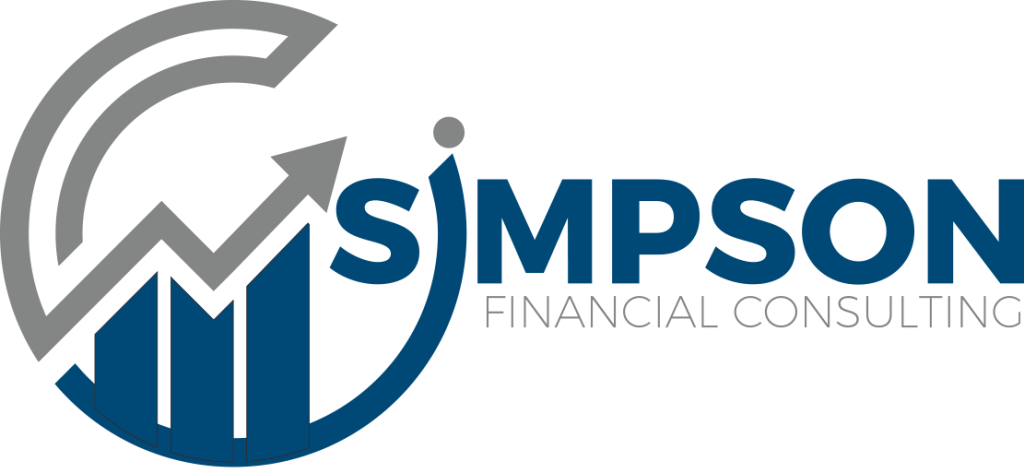
Choosing the right tax professional for your business is crucial to managing your finances effectively and ensuring compliance with tax laws. With so many options available, it’s essential to know what to look for in a tax professional who understands your industry and can meet your specific needs. Here’s a guide to help you select the right tax professional for your business.
1. Understand the Different Types of Tax Professionals
There are various types of tax professionals, each with different qualifications and specialties:
Certified Public Accountants (CPAs): CPAs are licensed professionals who have passed the CPA exam and have met state-specific education and experience requirements. They can handle complex tax issues, provide business consulting, and help with financial planning.
Enrolled Agents (EAs): EAs are federally licensed tax professionals who specialize in tax preparation and representation before the IRS. They can handle tax filings, audits, and more.
Tax Attorneys: Tax attorneys are specialized in legal matters related to tax law. They can be particularly helpful if your business faces legal tax issues or complex transactions.
Understanding the differences between these tax professionals helps you match the right expertise to your business needs.
2. Evaluate Experience and Industry Knowledge
When choosing a tax professional, consider their experience and familiarity with your industry. A tax professional who has worked with businesses similar to yours will better understand industry-specific deductions, compliance requirements, and tax strategies. Ask for references or case studies to assess how well they’ve supported other businesses in your field.
3. Assess Credentials and Qualifications
Not all tax professionals have the same level of credentials or expertise. Look for the following when evaluating potential tax professionals:
Licensing and Certification: Verify that the tax professional holds appropriate licenses, whether as a CPA, EA, or tax attorney.
Continuing Education: Tax laws change frequently. Ensure that your tax professional keeps up with the latest regulations and tax code updates through continuing education.
Professional Memberships: Membership in organizations like the American Institute of Certified Public Accountants (AICPA) or the National Association of Enrolled Agents (NAEA) is a good indicator of commitment to ethical standards and professionalism.
4. Consider the Services Offered
Not all tax professionals offer the same services, so it’s essential to identify what your business needs. Some common services include:
Tax Preparation and Filing: Assistance with tax preparing and filing your federal, state, and local taxes.
Tax Planning: Strategic planning to minimize tax liabilities and maximize savings.
Audit Support: Representation and guidance during IRS audits.
Business Consulting: Advice on financial decisions, entity structuring, and tax implications.
If your business requires comprehensive financial management, you may need a tax professional who offers a broader range of services.
5. Determine Their Availability and Responsiveness
Taxes are a year-round concern, so you want a tax professional who is available when you need them, not just during tax season. Inquire about their availability for consultations and how quickly they respond to inquiries. Reliable communication is crucial for addressing issues promptly and avoiding penalties.
6. Evaluate Their Technology and Software Use
Modern tax professionals should be proficient with the latest accounting software and technology. This includes cloud-based systems, automated bookkeeping, and secure file-sharing platforms. A tech-savvy tax professional will streamline your tax processes, provide better accuracy, and make collaboration easier.
7. Review Their Fee Structure
Tax professional fees vary widely depending on the services provided, the complexity of your tax situation, and the professional’s experience. Some tax professionals charge flat fees, while others bill hourly or by the project. Make sure you understand their fee structure upfront and how it aligns with your budget. Keep in mind that the cheapest option may not always be the best, especially when it comes to complex tax needs.
8. Check Their Reputation and Reviews
Research the tax professional’s reputation by reading online reviews, asking for client testimonials, or checking with local business associations. A tax professional with positive reviews and strong referrals is more likely to provide reliable service.
9. Schedule a Consultation
Before making a final decision, schedule a consultation with the tax professional. This meeting allows you to gauge their communication style, expertise, and whether they’re a good fit for your business. Be prepared with questions about their experience, services, and approach to handling your business’s tax needs.
Conclusion
Choosing the right tax professional for your business is an important decision that can significantly impact your financial health and compliance. By understanding the different types of tax professionals, evaluating their credentials and experience, and assessing their services and reputation, you can find the best fit for your business’s unique needs. Take the time to do your research and select a tax professional who can provide the expertise and support your business requires to thrive.
At Simpson Financial Consulting we understand the importance of maximizing your savings. Take the next step in achieving financial success with one of our tax experts today. Contact Us at (248) 821-1816

